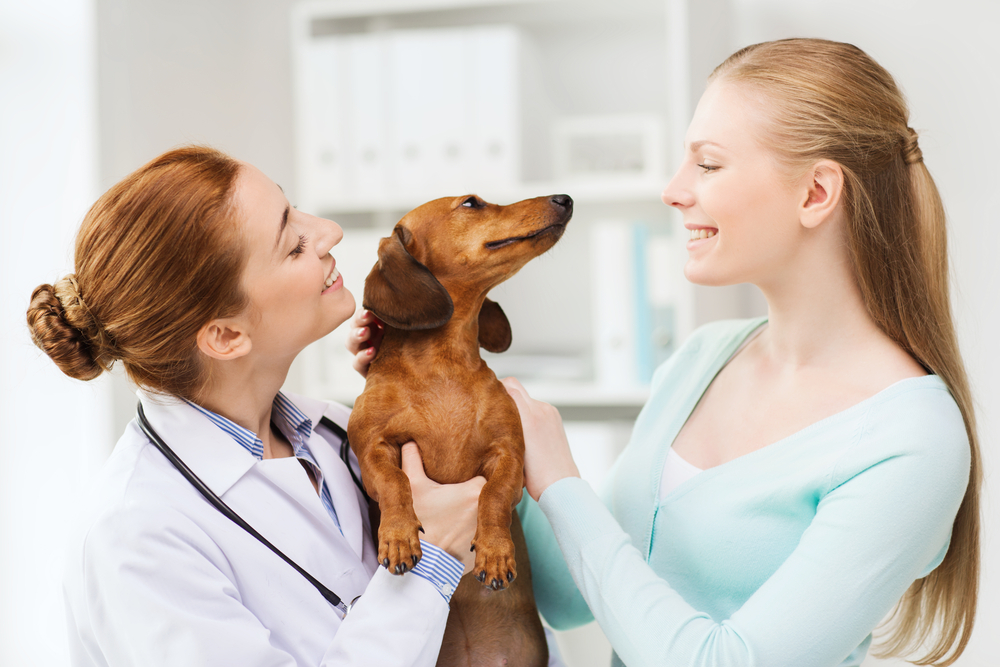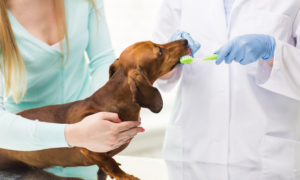 So you have made an effort to bring your little pooch with you for his annual vet check-up; great job! As you can see, regular consultation is a form of preventive care for your furball, and it definitely can go a long way towards providing him an improved quality of life. Try to optimize your visit by asking your vet the following questions:
So you have made an effort to bring your little pooch with you for his annual vet check-up; great job! As you can see, regular consultation is a form of preventive care for your furball, and it definitely can go a long way towards providing him an improved quality of life. Try to optimize your visit by asking your vet the following questions:
- What should I feed my pooch? One of the most important health decisions you make every single day for your little furry friend is what you feed him. Food is basically the foundation of good health so let your vet know that you are interested in discussing with Fido’s eating habits. Remember that food intake, new research, and your pet’s health vary over time so even if you don’t really have plans on changing your dog’s diet, talk with your vet about nutritional regime.
- Am I exercising Fido enough? Aside from feeding your dog a healthy diet, physical activity is also a key for a long and happy life. Tell your vet as truthfully as you can how much or how little you provide your dog physical/mental stimulation. Hopefully, you are able to exercise your pooch at least 15 to 30 minutes a day. If not, then talk to your vet. She isn’t there to judge you anyway but to offer help.
- “There’s this one thing my dog does that kind of bugs me…” Bear in mind that seemingly insignificant behavior problems seen in your pet can quickly escalate into serious troubles. In fact, today’s simple barking and whining can actually lead to tomorrow’s ruined couch or injured neighbor. Don’t feel discomfited about bringing up whatever your dog is doing unpleasantly. There’s nothing too trivial or too silly if it’s already nagging you so speak up and find out what you can do about it.
- Can you find anything wrong with my dog? Never settle for “Everything looks good!”, instead pay attention to that unusual mole or little lump you see on Fido’s body. Do his shoulders and hips feel normal? Shun the 3-minute checkup you are used to. Note that vets often take about 10 minutes to adequately examine a pet from nose to tail. See to it that he records any minor imperfections he finds in order to track any changes next year. Keep in mind that early detection can mean the entire difference between life and death.
- What about issues we cannot see? During physical examination, veterinarians are generally limited to what dog parents tell them, his own experience as a practitioner, and his five senses which basically leaves a lot of unknowns. To help your vet uncover hidden diseases, it is advisable for dog owners to let their pets take blood and urine tests annually.
By addressing these common questions at the clinic, your little fur-baby will be well on its way towards having and sustaining optimal health. Write these questions down and never hesitate to ask your vet tougher questions. Above all, have Fido examined at least on a yearly basis. After all, the unfeigned worth of a doctor’s appointment is essentially learning how to remain hale and hearty to stay out of the hospital.





















